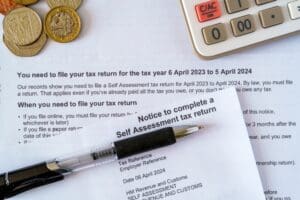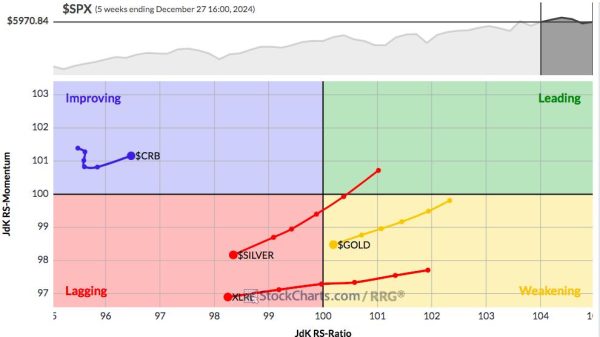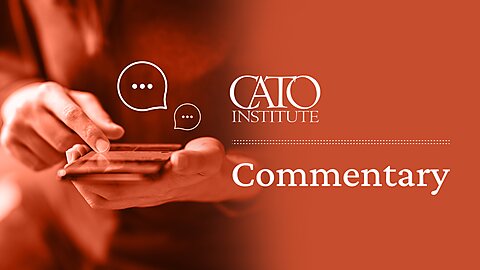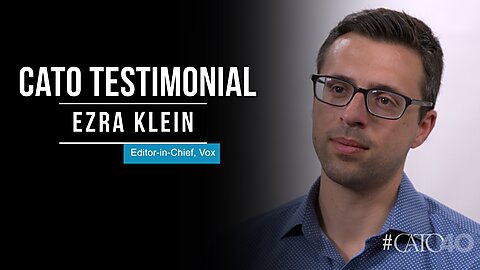Thomas A. Berry
Virginia Tech has instituted a “bias‐related incidents” policy, under which students may be referred to a “Bias Response Team.” Under the policy, students can be referred for violating a standard as vague as “words or actions that contradict the spirit of the Principles of Community.” Students can also run afoul of the policy for “unwelcome jokes” or for even being present when jokes are made and failing to report them.
Students are encouraged to report each other while speculating on the “bias” that may have motivated their peers’ opinions. The school has given itself jurisdiction over activities and speech both on and off campus, as well as on students’ social media and other digital platforms.
Speech First sued Virginia Tech on behalf of several current Tech students, arguing that this policy chilled their freedom to express sincere but controversial views and thus violated the First Amendment. Yet a federal district court declined to enjoin the policy, holding that the students did not suffer any First Amendment injury because the bias response teams could not themselves impose formal discipline.
The Fourth Circuit affirmed that holding, and Speech First has now asked the Supreme Court to take the case. Cato has joined the Liberty Justice Center in an amicus brief supporting Speech First’s petition.
In the brief, we recount the history of bias response teams on many campuses across the country and how such teams do in fact chill the free expression and exchange of ideas. Whether or not bias response teams can impose formal discipline, the imbalance of power inherent in their proceedings and the ability of such teams to potentially refer students for formal discipline unquestionably lead students to self‐censor.
That is the case here: students at Virginia Tech have muffled their own controversial political and social views because they feared the very real consequences of being referred to the bias response teams. Students know that if they are referred, the university will log the allegation in its records, share the “biased” speech with others, call the students in for educational and restorative “interventions,” and possibly refer their case to disciplinary authorities.
Virginia Tech’s policy is strikingly reminiscent of a state law struck down by the Supreme Court in Bantam Books v. Sullivan (1963). In that case, Rhode Island had created a “Commission to Encourage Morality in Youth,” which investigated books deemed potentially obscene or indecent. If the Commission found a book to be “objectionable,” it mailed a notice to the publisher thanking it in advance for quashing the book. Although the Commission had no authority to actually punish a publisher, the Supreme Court held that it nonetheless suppressed speech and violated the First Amendment. As the Court noted, “people do not lightly disregard public officers’ thinly veiled threats.”
When Virginia Tech students find themselves called before a bias response team, they too face thinly‐veiled pressure to stifle their expression. As Bantam Books explained, that is enough to establish a First Amendment injury. The Supreme Court should take the case, reverse the Fourth Circuit, and vindicate the speech rights of Virginia Tech students.
























